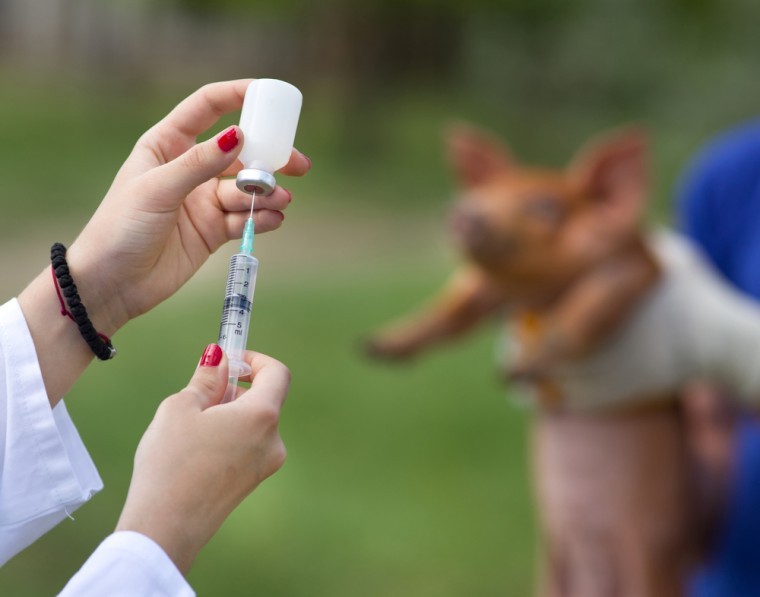What an autumn we have had in the South East corner! It is now late October and the grass is still growing thanks to some balmy summer-like days. With forage stocks a bit lean after the exceptionally dry summer, beef animals and dairy youngstock can at least stay out for as long as possible while it is still dry underfoot writes Nick Pile, director at Cliffe Veterinary Group.
At the practice we are gearing up for the autumn breeding season, with both sheep and cattle. The autumn block and seasonal calving dairies have started serving, so soon we will be back on routine visits. We have seen a slightly higher than usual incidence of transition related disorders in dairy cows, and I hope this does not have a knock on effect in terms of heat expression and conception rates. Thankfully, early indications are that the former does not seem to have been affected too much.
I have been pretty busy with ram examinations in the last month, with many clients getting rams fertility tested prior to tupping. Ram fertility, like bull fertility, can be variable and just because a particular ram was good last year, does not imply he will be fine this year. It is important to, at the very least, give the rams a once over, checking teeth, feet, testicles etc, and if in any doubt it is worth getting them tested. If you can guarantee that you have a fit fertile ram, then he should be able to cope with 80-100 ewes over a three week period and some breeds will cover more than that. The majority of my clients are running one ram per 30-40 ewes. This low ratio will probably compensate for any “duds” and the odd one that goes lame. It does however mean that they have to purchase, keep and replace two or three times as many rams which is not a cheap exercise.
We have been inseminating more pedigree sheep over the last month with good results and have started collecting, and freezing ram semen. This is a new service which will enable pedigree breeders to have an “insurance policy” against the loss of a valuable ram. Semen is collected using a teaser ewe and is processed at our clinic before being stored in liquid nitrogen. The frozen semen can be used to inseminate their own ewes in future seasons, or be sold on to other breeders.




